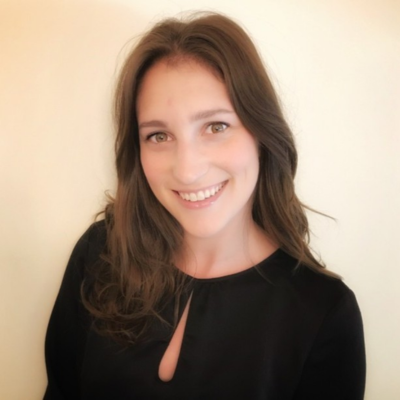A D’var Torah for Parshat Emor
In last week’s parshah, Kedoshim, we read arguably the most demanding commandment of all: “You shall be holy.” You, meaning: “kol adat b’nei Yisrael” — the entire Israelite community. The remaining Holiness Code, including this week’s Parshat Emor, attempts to define when and how to fulfill this consequential charge.
Though the beginning of Emor focuses on the duties of the priests, Leviticus 23 returns to addressing the entire Israelite community. Moses tells the people about the when — the fixed times that shall be considered sacred occasions. These include but are not limited to Shabbat, Passover, the period of counting the Omer, and Shavuot. Once Moses names these holidays, he proceeds by stating the how, as in, how to observe such celebrations. In Hebrew, time (z’man) shares the same root as the infinitive to invite (l’hazmin). In other words, time is an invitation for action. Time is only as holy as what we do during these moments.
Find more commentaries on Parshat Emor.
This month, we have overlapping “sacred times”: the counting of the Omer and Asian American and Pacific Islander (AAPI) Heritage Month. This combination of events calls out to white Jews like me, and to all non-Asian Jews, to reflect upon our allyship, on what it means to include and celebrate our fellow AAPI members of the people of Israel. During the ancient period, the people of Israel brought offerings of grain to count the 49 days between Passover and Shavuot, between physical freedom and revelation of the Torah. Without the Temple in Jerusalem today, we are commanded to give a different type of offering: not just counting, but an ac-counting of the soul.
According to Stop AAPI Hate, between March 2020 and March 2022, 11,500 hate incidents against Asian Americans were reported in the U.S. Those are just the events reported. Couple that with the increasing levels of antisemitism. Imagine the ways in which this harm is compounding for our fellow Asian Jewish Americans. And don’t just imagine, listen. They are crying out in pain, begging us to recognize the discrimination they face both outside and inside our Jewish communities. In addition to fearing for their safety, they have written about feeling invisible in conversations about racism and having their Jewish identity and life experiences altogether questioned. Their stories are out there. Go and learn.
Find more commentaries on Racial Justice.
Let the counting of the Omer inspire you to examine your biases. Ask yourself if you committed a microaggression today or if you failed to challenge someone when they made an inappropriate joke. Have you relied upon members of the AAPI community to teach you about racism? Have you checked in on your AAPI neighbors after moments of hate? Are AAPI members represented in the narratives of your community? Is your leadership diverse? Have you found yourself challenging the experiences of a member of the AAPI community when you’re meant to be listening to them (and grateful they trust you enough to share with you their feelings)? Have you offered some of your material resources? Have you owned your privilege? Have you accepted feedback? If you have the inclination to answer “no” to any of these questions, I beseech you to keep thinking and reflecting because every single one of us has, at least once, made one of these mistakes. As hard as it may be, being able to name these errors is a crucial part of the process of healing and moving forward.
In last week’s parshah, Kedoshim, we were commanded: You shall be holy. You, plural. Shall, future. This is an ongoing request. After Moses finishes describing God’s fixed times, God instructs him to command the Israelites to bring oil for lighting the “ner tamid,” eternal light, regularly. In order for the Jewish people to keep the flame lit, to fulfill God’s abiding charge to be holy, we must work together — clergy and lay people alike. It cannot be upon any one of us, any one kind of us, to keep stoking the flame. God set aside fixed times for the long game, for the recognition that constantly working is a recipe for burnout. Allyship is an eternal flame. But this month offers us a special opportunity to work a bit harder, to account for our souls, so that we may be worthy of being God’s holy people.
Rabbi Sasha Baken received her bachelor’s degree in Jewish Studies at the University of Wisconsin-Madison. She is a recently ordained rabbi (class of ‘22) from Hebrew Union College-Jewish Institute of Religion. Since ordination, Sasha has been serving as the Assistant Rabbi at Westchester Reform Temple in Scarsdale, NY, the town in which she was raised. Sasha is a lover of all things mussar.

